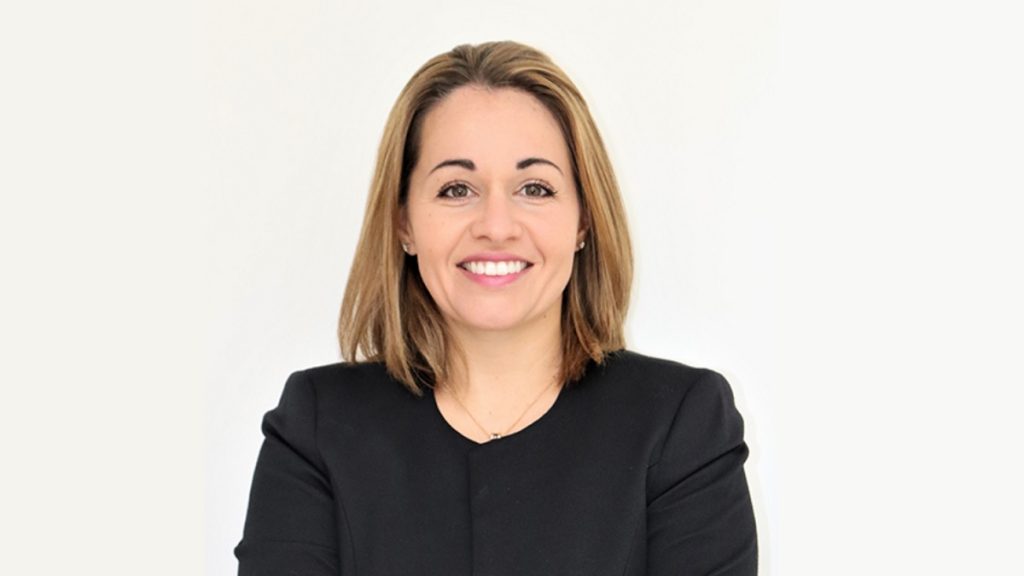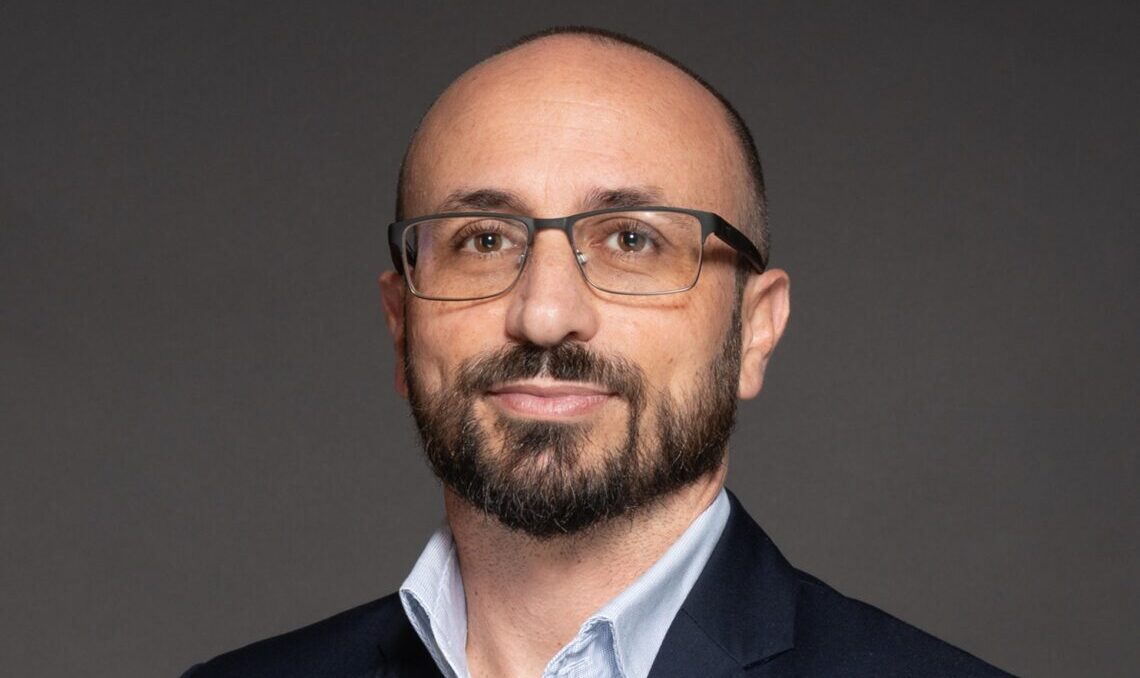Ian Gauci is the Managing Partner of GTG, a technology-focused corporate and commercial law firm which has been at the forefront of major developments in FinTech, cybersecurity, telecommunications, and technology-related legislation.
What is your view on Malta’s iGaming sector as it stands today? It is clear that today’s
Maltese iGaming industry is strong and mature while being resilient to change and challenges. One can observe that the sector is so resilient that it was one of the few sectors that suffered relatively little impact through the major challenges that the country faced recently, including, particularly, the previous greylisting and COVID-19.
In your experience, at this stage, do market gaps still exist?
Market gaps still undoubtedly exist with regards to finance and payments for iGaming companies. At a high level, I would say they are primarily: (i) a lack of serious major banks that are ready to accept iGaming business (particularly B2C); (ii) limited availability of FinTech players who can provide compliant services to gaming entities, especially for the placement of bets in crypto; and (iii) limited payment services and solutions available to iGaming entities that wish to undertake business activity outside of Western markets.
Over the last year, European markets have been enacting legislation that is resulting in the fragmentation of the B2C offering, with many markets now requiring their own national licence. Do you see the Maltese industry moving towards a concentration on B2B activity, or does B2C still have a place in Malta?
In my view, some level of increased concentration in local B2B activity is inevitable given the respective regulatory market developments. That being said, I do strongly believe that the Maltese B2C licence still has a place – the local regulatory framework remains the most advanced ecosystem for iGaming activity and the MGA seal remains a most trusted certificate of excellence. Legislative developments, such as the recently introduced Article 56A to the Gaming Act, and the MGA’s upcoming ESG code, all seem to point towards the continued success of B2C in Malta. Indeed, we are increasingly seeing a trend whereby prudent and sensible investors consolidate all relative gaming licences – especially those that are relevant to the EU/UK – within the same entity which holds the MGA licence, thus using Malta as the trusted hub for all relative gaming activity.
What are the main benefits for any iGaming investor looking at establishing a base in Malta?
In terms of benefits, I would say that these are, in no particular order: (i) the highly regarded and tried and tested regulatory framework; (ii) the relative tax benefits and incentives; (iii) EU member state status, thereby enjoying access to the EU’s market and freedoms; (iv) a defined and mature B2B framework (when in most countries, a B2B framework does not even exist); (v) availability of expert gaming talent, skills, partners, service providers, services, tools, and employees which tend to be a rare find abroad; and (vi) the fact that Malta is a hub for worldwide iGaming activity, helping with relations with customers, providers and competitors while also providing networking and business opportunity.
GTG has been involved in the creation of a number of legal frameworks, like that relating to virtual financial assets. The EU’s own regulation on the topic was enacted in 2023. How similar are the local and European virtual asset frameworks? Do Maltaregistered firms in this sector have a head start, so to speak?
Out of all respective legal frameworks enacted to date by EU member states, I think that the Maltese local framework is without any doubt the closest existing national framework to that which will be established by the EU under the MiCA Regulation.
Malta also happens to be the only EU country where a virtual financial assets licence is issued by the country’s financial regulator. Firms registered and licensed in Malta will surely have a head start – the rules they are currently abiding by are very similar to the regime that will apply once MiCA is in force, and critically, Maltese firms are expected to be able to transition from their currently local licence to a licence under the MiCA framework in an almost seamless fashion.
Lara Falzon appointed CEO of Yolo Group’s B2B Brands
The experienced executive said the firm has 'enormous potential for innovation, strengthening partnerships and scaling across global markets'
Why The Phoenicia Malta is the perfect setting for summer events
The Phoenicia Malta blends five-star elegance with award-winning cuisine and exceptional hospitality to create the ideal setting for group events ...
Sophie-Ann Busuttil appointed Director at Luxury Living Technologies following tragic loss of her father
For the last two years she has served as head of the group’s Luxury Living Sustainable Hospitality Company.
Aaron Azzopardi appointed General Manager at Aviaserve Ltd
Aaron tells MaltaCEOs.mt he's 'humbled and excited' as he takes on the new role.









